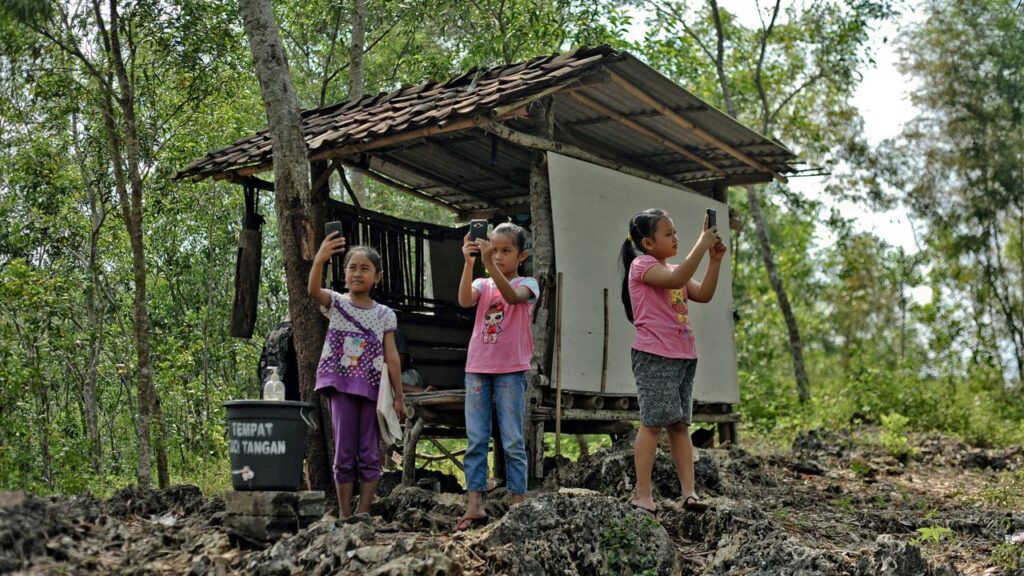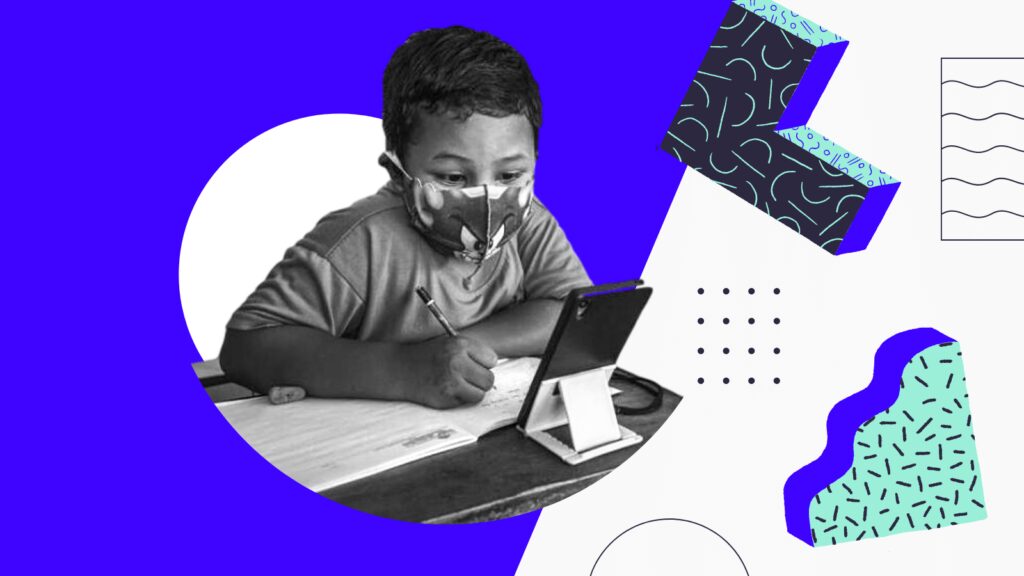COVID19 pandemic is our equity check. The public health crisis has amplified the need to reform education systems. – to evaluate education equity and close the digital divide.
Nearly a year after the World Health Organization first declared a global emergency, Covid-19 pandemic continues to impose a profound impact, not only on people’s health, but also on on how they learn, work, and live. Amongst the most important challenges created by the public health crisis is how school closures are severely damaging learning opportunities for students at all levels, as well as depriving students from social contact with their peers.
Crisis in Education Equity
In 2020, the pandemic resulted in an unprecedented global learning disruption and school closures affected over 1.6 billion learners in over 190 countries. As the virus resurges, around 1 billion students continue to be affected bu the full or partial closure of schools and universities, increasing the risk of learning loss, dropping out of education and social isolation (source : UNESCO).

Digital Divide and Learning Inequalities
While digital divide and inequalities existed and impacted students prior to Covid-19 pandemic, the shutdown of physical school buildings has amplified the necessary attention to the issue. An estimated 53% of children in low and middle-income countries suffered from learning poverty – unable to read and understand simple text at the age of 10. As the peak of school closures in April 2020, 1.6 billion children were out of school worldwide (source : WorldBank).
School closures have created new educational gaps. countries are being driven even further off-track from achieving their education goals – potentially increasing learning poverty levels to 63 percent (source : WorldBank). The financial strain of families caused by the pandemic-related recession has increased the dropout rate, with girls particularly at risk of missing out on education.
Alleviating Inequalities and Creating Resilient Systems of Learning
As the world marks the International Day of Education, on 24th January, it remains urgent for all of us to address the unspoken inequalities and global education crisis. With the theme this year is ‘Recover and revitalise education for the COVID-19 generation, we need to see this unfortunate event as an opportunity to create sustainable and resilient system of learning.
Bridging the digital divide is crucial to ensure that ever the most disadvantaged have equal access to learning. Simultaneously, we need to ensure that teachers and educators are adequately supported and valued. Every teachers, educators and learning support individuals deserve a whole lot more than we are currently paying them.
After all, the Covid-19 pandemic demands rapid innovation in how we do education and schooling, making transformation more than an aspiration for some but a necessity for all.


